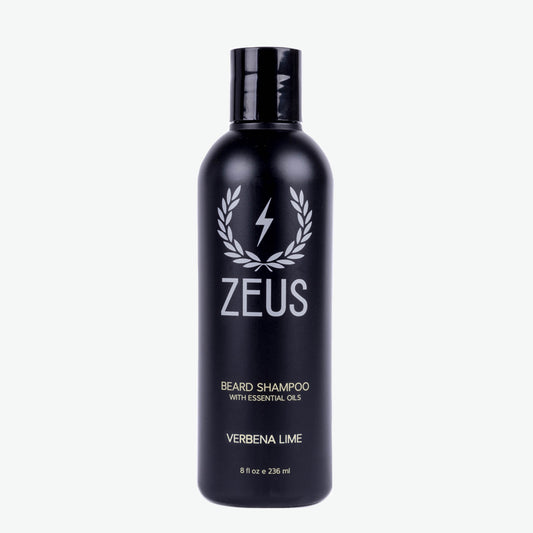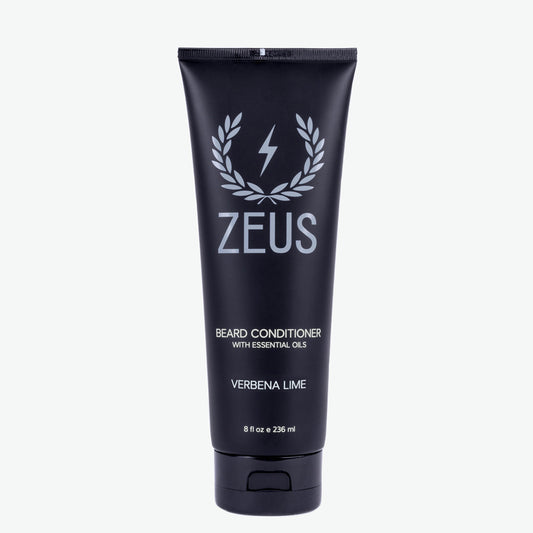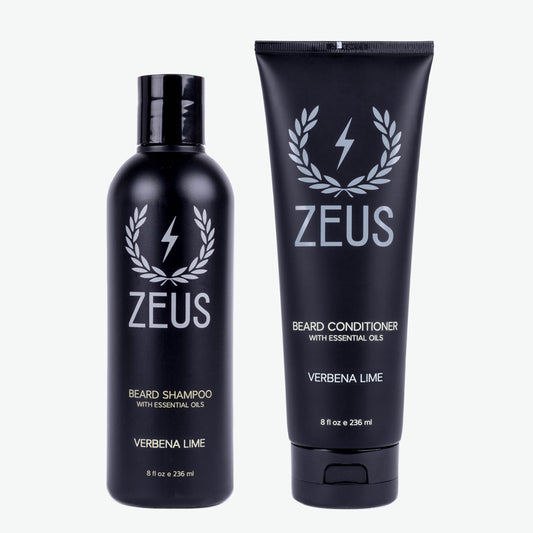Imagine stepping outside on a bright, sunny day, feeling the warmth on your skin and the light lifting your spirits. The sun has a way of making everything seem vibrant and alive. But while we enjoy the sun’s rays, it’s crucial to remember that they come with hidden dangers. Too much sun exposure can harm our skin, leading to dryness, premature aging, and even an increased risk of skin cancer.
This is where sunscreen comes into play. Applying sunscreen daily is one of the simplest yet most effective ways to protect your skin from these harmful effects. Whether you’re heading to the beach, running errands, or even sitting by a sunny window, sunscreen acts as a shield, preserving your skin’s health and appearance. In this article, we’ll explore why wearing sunscreen regularly is essential and how it can help you maintain beautiful, healthy skin for years to come.
Understanding Sun Damage

Let’s dive into what happens to our skin when it’s exposed to the sun. The sun emits ultraviolet (UV) radiation, which is the main culprit behind most skin damage. When UV rays hit unprotected skin, they start a chain reaction of harmful effects.
First off, UV radiation dries out your skin. Think about how parched your skin feels after a day outdoors without any protection. That’s because the sun’s heat zaps the moisture from your skin, leaving it dry and flaky. Over time, this can make your skin look older than it really is.
Another immediate effect of UV exposure is the depletion of your skin’s natural oils. These oils are essential for keeping your skin soft and supple. Without them, your skin can become rough and uneven, losing that smooth, youthful glow.
Then, there’s sunburn. We’ve all been there—spending too much time in the sun without protection, and ending up with painful, red skin. Sunburn is more than just a temporary discomfort. It’s a sign that your skin cells have been damaged by UV rays. Repeated sunburns can lead to more serious issues down the road, including an increased risk of skin cancer.
The long-term effects of sun exposure are even more concerning. UV radiation can damage the collagen in your skin. Collagen is the protein that keeps your skin firm and elastic. When it’s damaged, your skin starts to show signs of aging, like wrinkles and fine lines—a process known as photoaging. Over time, these structural changes can make your skin look older and more tired than it actually is.
Understanding these effects is the first step in protecting your skin. By knowing what UV radiation does to your skin, you can take the necessary steps to shield it from harm. And that’s where our trusty sunscreen comes into play.
Benefits of Regular Sunscreen Use

Using sunscreen regularly offers numerous benefits that go beyond just preventing sunburn. Let’s explore how it works and why it’s so essential for maintaining healthy skin.
Protection Against UV Radiation
The primary function of sunscreen is to protect your skin from harmful UV radiation. This is where SPF (Sun Protection Factor) and broad-spectrum protection come into play. SPF measures how well a sunscreen can protect your skin from UVB rays, which cause sunburn. For everyday use, an SPF of 30 or higher is recommended.
Broad-spectrum sunscreens, on the other hand, protect against both UVA and UVB rays. UVA rays penetrate deeper into the skin and are primarily responsible for premature aging and long-term damage. By choosing a broad-spectrum sunscreen, you ensure your skin is shielded from the full range of harmful UV radiation.
But just having a good sunscreen isn’t enough—you need to apply it correctly. Start by applying a generous amount to all exposed skin about 15 minutes before you go outside. Don’t forget often-missed spots like the tops of your ears, the back of your neck, and the tops of your feet. Reapply every two hours, or more often if you’re swimming or sweating. Consistent application ensures continuous protection throughout the day.
Delaying Premature Aging
Regular use of sunscreen is one of the most effective ways to delay the signs of aging. UV radiation accelerates the aging process by breaking down collagen and elastin fibers in the skin. This leads to wrinkles, fine lines, and sagging skin. By protecting your skin from UV exposure, sunscreen helps preserve these crucial proteins, keeping your skin looking youthful for longer.
In addition to minimizing wrinkles and fine lines, sunscreen also helps maintain your skin’s firmness and elasticity. This means your skin stays smoother and more resilient over time. Regular sunscreen use can even out your skin tone and prevent the development of sunspots and hyperpigmentation, giving you a more radiant and even complexion.
Sunscreen as a Daily Routine

Making sunscreen a part of your daily routine is easier than you might think and incredibly beneficial for your skin. Let’s break down how to seamlessly integrate it into your skincare regimen and the long-term advantages of doing so.
Integration into Daily Skincare
Consistency is key when it comes to sunscreen. It’s crucial to apply it every day, not just when it’s sunny. UV rays can penetrate through clouds and windows, so even on overcast days or when you’re indoors, your skin is still at risk. By making sunscreen a non-negotiable part of your morning routine, you ensure that your skin is always protected.
Choosing the right sunscreen for your skin type can make a big difference. If you have oily or acne-prone skin, look for a non-comedogenic formula that won’t clog your pores. For dry skin, a sunscreen with hydrating ingredients can provide extra moisture. Sensitive skin can benefit from mineral-based sunscreens with zinc oxide or titanium dioxide, which are less likely to cause irritation.
Supporting Skin Health
Sunscreen works best when it’s part of a comprehensive skincare routine. Start with a gentle cleanser to clean your skin, followed by a moisturizer suited to your skin type. If you use any serums or treatments, apply those next. Finally, layer your sunscreen on top to seal in the protection.
Don’t forget about other areas that need protection, too. Lip balms with SPF protect your lips, which are often overlooked but can suffer from sun damage just like the rest of your skin. If you have a beard, consider using a beard balm with SPF to protect the skin underneath. You also want to be sure to apply lip balm and beard oil after getting exposed to UV rays.
The long-term benefits of incorporating sunscreen into your daily routine are substantial. Regular use helps prevent not only immediate damage like sunburn but also long-term effects like premature aging and skin cancer. It supports the overall health of your skin, keeping it smoother, more elastic, and even-toned.
Tips for Effective Sun Protection

While sunscreen is a fantastic start, there are additional steps you can take to protect your skin from the sun’s harmful rays. Let’s explore some effective strategies that go beyond just applying sunscreen.
Beyond Sunscreen
To maximize your protection, combine sunscreen with other physical barriers. Wearing protective clothing is one of the best ways to shield your skin. Opt for long-sleeved shirts, pants, and wide-brimmed hats to cover as much skin as possible. Many outdoor and sports clothing brands offer garments with built-in UV protection, which can add an extra layer of defense.
Sunglasses are another essential item. Choose a pair with UV protection to safeguard your eyes and the delicate skin around them from harmful rays. Not only do they protect your vision, but they also help prevent wrinkles and sunspots that can form around your eyes from squinting in bright sunlight.
Lifestyle Adjustments
Making a few lifestyle adjustments can significantly reduce your risk of sun damage. One of the most effective changes is to limit your outdoor activities during peak UV hours, typically between 10 a.m. and 4 p.m. If you need to be outside during these times, seek shade whenever possible and remember to reapply sunscreen every two hours, or more frequently if you’re swimming or sweating.
Another important consideration is how certain medications can increase your skin’s sensitivity to the sun. Some antibiotics, acne medications, and treatments for psychiatric conditions and high blood pressure can make your skin more prone to sunburn. If you’re taking any prescription or over-the-counter medications, check with your healthcare provider or pharmacist about potential sun sensitivity. They may recommend additional precautions to protect your skin.
By combining these tips with regular sunscreen use, you create a comprehensive sun protection strategy. These measures help reduce your risk of sun damage, keeping your skin healthy and youthful. Remember, a little extra effort in protecting your skin today can prevent significant issues down the road, ensuring you enjoy the sun safely.








